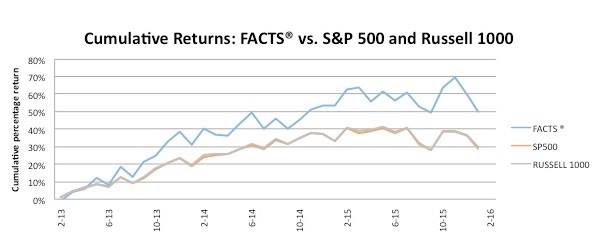
When a baby decides it is time to be born…”the show must go on.”
Such was the case on January 23, 2016 when approximately 103 million people were affected by a blizzard that hit the east coast of the US, requiring eleven states to declare emergencies, including New Jersey.
Assisted by local EMTs, the healthy baby was delivered at home on the living room couch, the second child of a couple with a fully paid health insurance policy. But the extreme weather conditions and treacherous roads required both the healthy mother and her new baby to be transported to the closest hospital, not one designated by the family’s insurance plan, and certainly not through any special requests on the family’s part. In less than 24 hours, both mother and child were released from the “unaffiliated” hospital, returning home to celebrate their new arrival.
But the biggest surprise for this family was yet to arrive.
The following week a hospital bill was delivered for $53,000. And in case you are not totally shocked by that number, it didn’t include subsequent invoices from the EMTs, emergency room doctors, nor the $39.00 adult diaper that was “sold” to the mother following delivery, to name just a few “incidentals” that brought the total “hit” to over $60,000.
Now this family, who should be bonding and celebrating the birth of their healthy second child, is instead:
1) Faced with a daunting bill that no insured young middle class family could ever possibly pay, and mounds of paperwork and invoice totals that change with every postal delivery.
2) Spending countless hours away from their children and professional obligations listening to prerecorded messages claiming “our menus have changed,” “your call is important to us” and “we are experiencing unusually high call volume.”
The following are some not so simple questions for insurance companies, hospitals, doctors, miscellaneous health services providers and any other parties who would like to weigh in on this story:
What responsibility, if any, do organizations have to ensure their customers are treated fairly, ethically and in a trustworthy manner?
Has corporate greed and the “maximization of shareholder value” permanently replaced doing what’s right?
If this child had been born to a family with no health insurance what would their bill be?
How can this family, who believed they had done everything “right” except better timing the birth of their baby, expeditiously resolve this and “get on” with what matters and their daily lives?”
I suppose the moral of the story is “buyer beware:”
Even under the most extreme circumstances caused by acts of nature, thousands of dollars in monthly health insurance premiums don’t “cut it” once companies are asked to honor their obligations and do the right thing. Why is this so?
Please send any suggestions or advice to barbara@trustacrossamerica.com
Barbara Brooks Kimmel is the CEO and Cofounder of Trust Across America-Trust Around the World whose mission is to help organizations build trust. Now in its seventh year, the program’s proprietary FACTS® Framework ranks and measures the trustworthiness of over 2000 US public companies on five quantitative indicators of trustworthy business behavior. Barbara is also the editor of the award winning TRUST INC. book series and the Executive Editor of TRUST! Magazine.
Copyright 2016, Next Decade, Inc.



Recent Comments